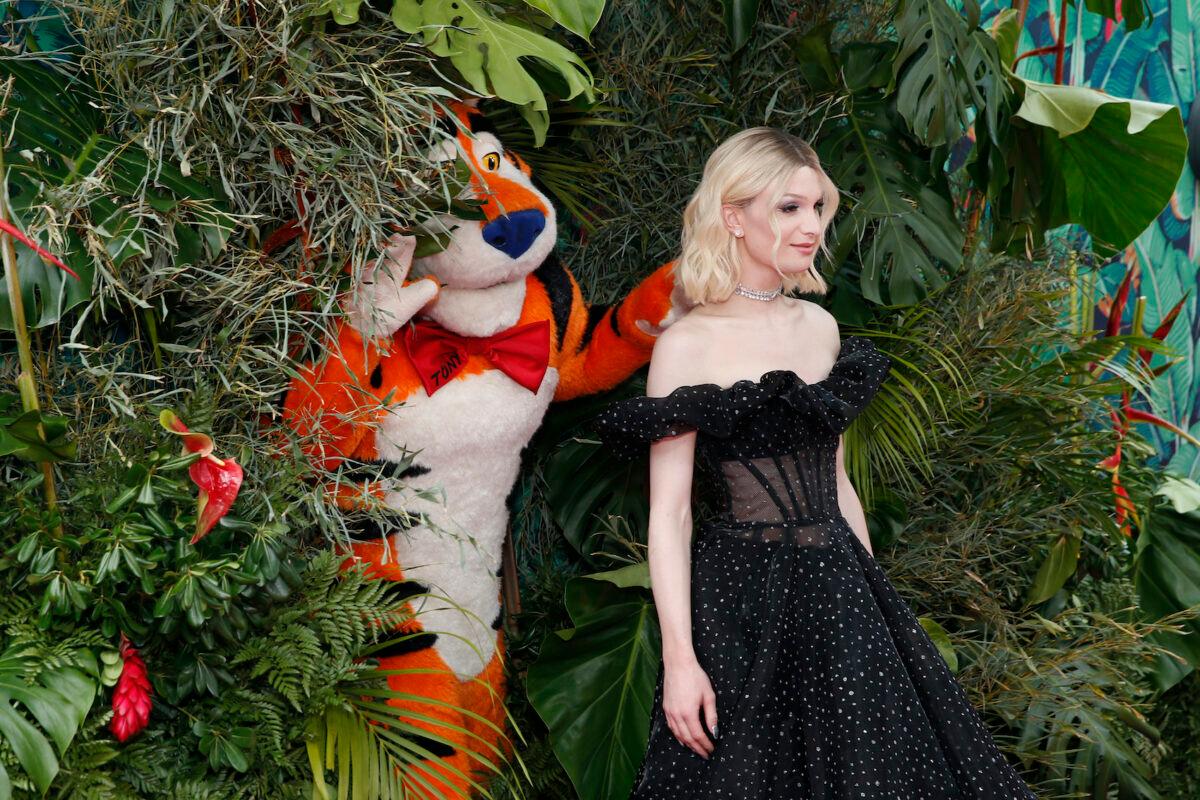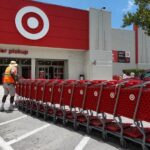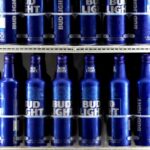By Tom Ozimek
Bud Light parent company Anheuser-Busch InBev (AB InBev) announced it will sell eight craft beer brands to a Canadian cannabis company amid continued fallout from Bud Light’s marketing partnership with transgender influencer Dylan Mulvaney.
The deal will see Anheuser-Busch sell the following beer brands to Tilray Brands, according to an Aug. 7 announcement: Shock Top, Breckenridge Brewery, Blue Point Brewing Company, 10 Barrel Brewing Company, Redhook Brewery, Widmer Brothers Brewing, Square Mile Cider Company, and Hiball Energy.
The deal is an all-cash transaction worth $85 million, according to an 8-K filing by Tilray, which indicates the transaction is expected to close at some point in 2023.
The announcement comes amid continued Bud Light boycott pressures, which were sparked when Bud Light rolled out a personalized can featuring the face of Mr. Mulvaney, a male who identifies as a female.
Irwin Simon, chairman and CEO of Tilray Brands, said that the expected acquisition will elevate Tilray to the status of America’s fifth largest craft beer business and is part of the company’s efforts to further diversify into other markets than cannabis.
“Today’s announcement both solidifies our national leadership position and share in the U.S. craft brewing market and marks a major step forward in our diversification strategy,” he said in a statement.
Mr. Simon added that the acquisition will allow Tilray to expand its presence in the United States so that if cannabis is legalized at a federal level, the company will be able to use its market position and distribution network to sell products containing THC, the psychoactive ingredient in cannabis.
“Upon federal cannabis legalization, we expect to leverage our leadership position, wide distribution network, and portfolio of beloved beverage and wellness brands to include THC-based products and maximize all commercial opportunities,” Mr. Simon said.
Andy Thomas, president of The High End at Anheuser-Busch, said that talks with Tilray about the deal started earlier this year and the transaction will include current employees, breweries, and brew-pubs associated with the sold-off brands.
Mr. Thomas added that Bud Light parent is “committed to working with Tilray Brands over the coming months to ensure this is a smooth transition for the people who are working every day to get these amazing beers and beverages to consumers across the U.S.”
Tilray said it expects the transaction to expand its existing beer business threefold, from around four million cases of beer annually to 12 million.
While neither company made any mention of the Bud Light controversy impacting Anheuser-Busch’s bottom line, commenters on social media suggested that the massive financial hit the company took amid boycott calls related to Mr. Mulvaney’s endorsement of Bud Light may have been a background factor fueling the deal.
On April 1, Mr. Mulvaney posted a series of videos plugging Bud Light and showing off the personalized can with his likeness, sparking outrage among conservatives, who called for a boycott, whose impact on Anheuser-Busch’s profits has been the subject of numerous news headlines.

Bud Light Boycott Cost $395 Million
The latest earnings report from Anheuser-Busch InBev suggests that the Bud Light controversy hurt the company’s second-quarter performance in the United States.
Anheuser-Busch’s U.S. revenue plunged by 10.5 percent year over year, “primarily due to the volume decline of Bud Light,” according to the second-quarter corporate earnings data.
Overall, revenue in North America declined by $395 million during the three-month period compared with the same time a year ago.
Operating profit also took a hit in North America, with two-thirds of the decline in profits being caused by market share performance. Productivity loss, marketing investments, and support efforts for wholesalers also contributed to the decline.
While the company didn’t discuss the Bud Light boycott, it did confirm that it hired a third-party firm to conduct consumer research on the brand. Since April, the findings revealed that 80 percent of the 170,000 consumers surveyed were “favorable or neutral” toward the product.
Since April 1, the day Mr. Mulvaney trumpeted the personalized can on social media, the market value of Bud Light maker Anheuser-Busch InBev has sunk from around $132.4 billion to around $111.8 billion on Aug. 8.
Amid the controversy, Bud Light was dethroned in June as the United States’ best-selling beer after more than two decades in that spot.
The brand slipped into second place, with Modelo Especial, which is owned by Constellation Brands, at number one.
‘Day 365 of Womanhood’
Mr. Mulvaney, who has over 10 million followers on TikTok, posted a series of videos on April 1 showcasing the personalized Bud Light can and plugging the brand.
“This month I celebrated my day 365 of womanhood and Bud Light sent me possibly the best gift ever—a can with my face on it,” Mr. Mulvaney said in a video posted on April Fool’s Day.
Conservatives reacted with outrage, calling for a boycott and accusing Bud Light of promoting a transgender agenda.
Singer Kid Rock used Bud Light cans as target practice to express his anger at the promotional campaign, while Florida governor Ron DeSantis said he would be boycotting Bud Light.
Former president Donald Trump also weighed in on the controversy, suggesting boycotts can be an effective way to send a message to brands that critics say are pushing a leftist agenda.
“It’s time to beat the Radical Left at their own game,” Mr. Trump wrote in a post on Truth Social earlier in May. “Money does talk—Anheuser-Busch now understands that.”
Anheuser-Busch CEO Michel Doukeris told the Financial Times in an earlier interview that the boycott was driven by “misinformation and confusion” circulating on social media.
Mr. Doukeris insisted that Mulvaney’s involvement wasn’t part of an official Bud Light marketing campaign.
“It was one post. It was not an advertisement,” Mr. Doukeris told the outlet.
For his part, Mr. Mulvaney said in a July social media post that he had moved to Peru, complaining that the public scrutiny of his engagement with Bud Light was making him scared and lonely.
“The people here are so kind. I feel very safe here,” Mr. Mulvaney said. “It’s a little sad that I had to leave my country to feel safe. But that will get better eventually. For months now I’ve been scared to leave my house, I’ve been ridiculed in public, I’ve been followed, and I have felt a loneliness that I wouldn’t wish on anyone.”
Before flying to Peru, Mr. Mulvaeny criticized Bud Light for abandoning him following the marketing fiasco.
“For a company to hire a trans-person and then not publicly stand by them is worse, in my opinion, than not hiring a trans-person at all because it gives customers permission to be as transphobic and hateful as they want,” Mr. Mulvaney stated.
In its response, Anheuser-Busch InBev said that it remains “committed to the programs and partnerships we have forged over decades with organizations across a number of communities, including those in the LGBTQ+ community.”
Andrew Moran and Naveen Athrapully contributed to this report.






